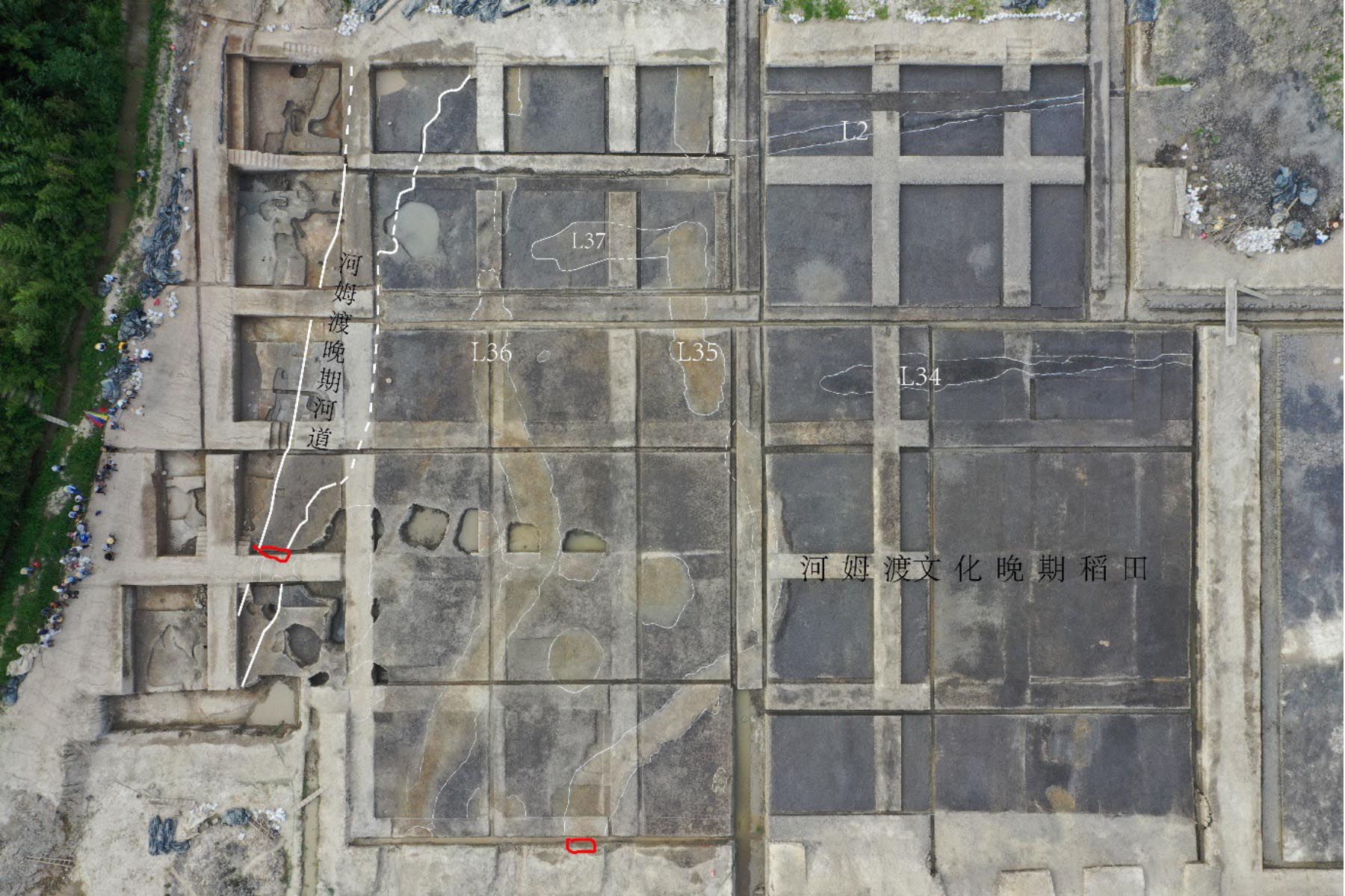september, 2023
12sep6:20 pmYijie Zhuang on "Building the Liangzhu City: labour organisation and rice economies"

Event Details
Tuesday 12th September 6.20pm* Calder Lounge (Uris Hall 107, Columbia University, 3022 Broadway) *Please note slightly later start time Abstract Liangzhu Civilization is a civilization of water, rice, and
more
Event Details
Tuesday 12th September 6.20pm*
Calder Lounge (Uris Hall 107, Columbia University, 3022 Broadway)
*Please note slightly later start time
Abstract
Liangzhu Civilization is a civilization of water, rice, and earthen works. Recent
archaeological campaigns have unvailed Liangzhu’s unprecedented ability to systematically alter its water systems for multiple purposes and modify its marshy landscape for an enormous scale of earthen construction. Anchoring these impressive achievements were the Liangzhu’s highly developed rice economies and streamlined labour orchestration. This talk draws together environmental, archaeological and experimental data and discuss how key resources were collected and transported to build the Liangzhu monuments, including the walls and dams, and labour organisation behind these. In tandem with this line of inquiry on earthen work construction are the recent excavations of some remarkably well-
preserved Liangzhu period paddy fields across the Yangtze Delta region, which provide us valuable palimpsests of how rice fields were built, water was manipulated, and rice was grown during the Liangzhu period. Macro- and micro-scale archaeological and environmental evidence will be presented and its implications to understand Liangzhu society and economic structure will be discussed.
Biography
Yijie Zhuang is an Associate Professor at Institute of Archaeology,
University College London. He received training in archaeology and geoarchaeology from Northwest University (Xi’an), Peking University and University of Cambridge. He applies geo-science related methods into archaeology and is primarily interested in how people in the past managed water for various purposes and has conducted extensive fieldwork in China, Southeast Asia and Madagascar. His recent project investigates the relationship between power and the society through comparing archaeological and environmental data from three high-profile late-Neolithic sites in diverse environmental settings and socio-technological contexts in late prehistoric China. He aims to obtain more holistic understanding on how intensification of water management in these early examples stimulated the formation of diverse power and social governance structures.
Time
(Tuesday) 6:20 pm


